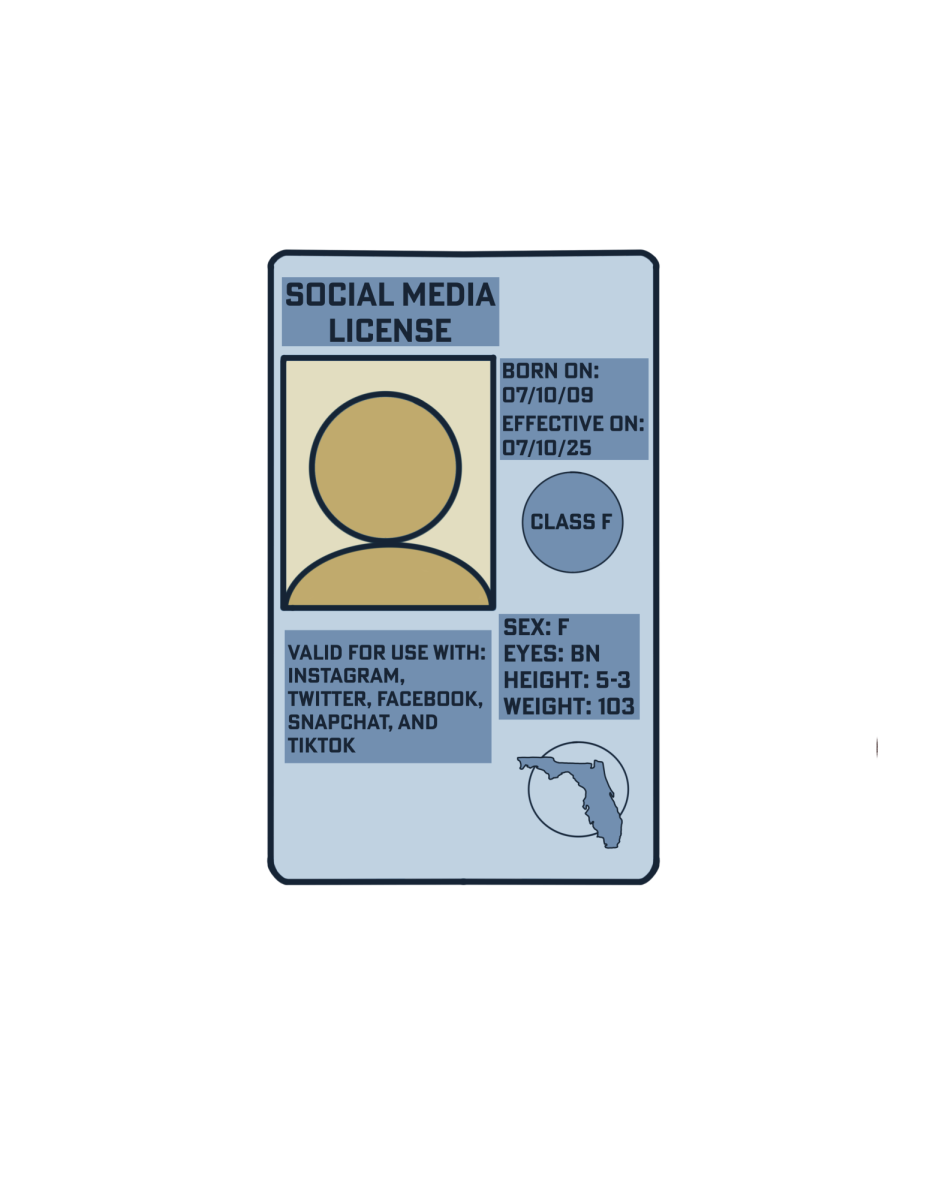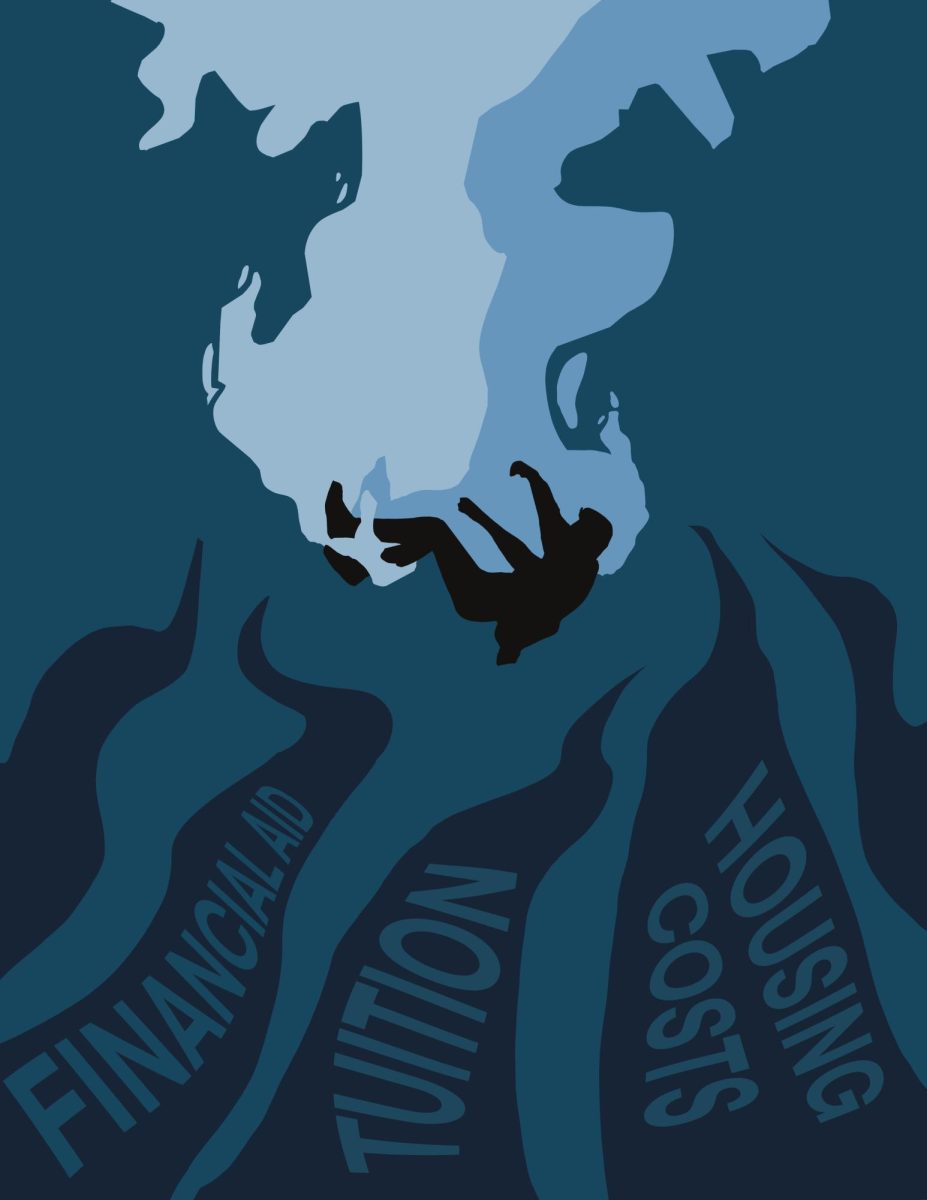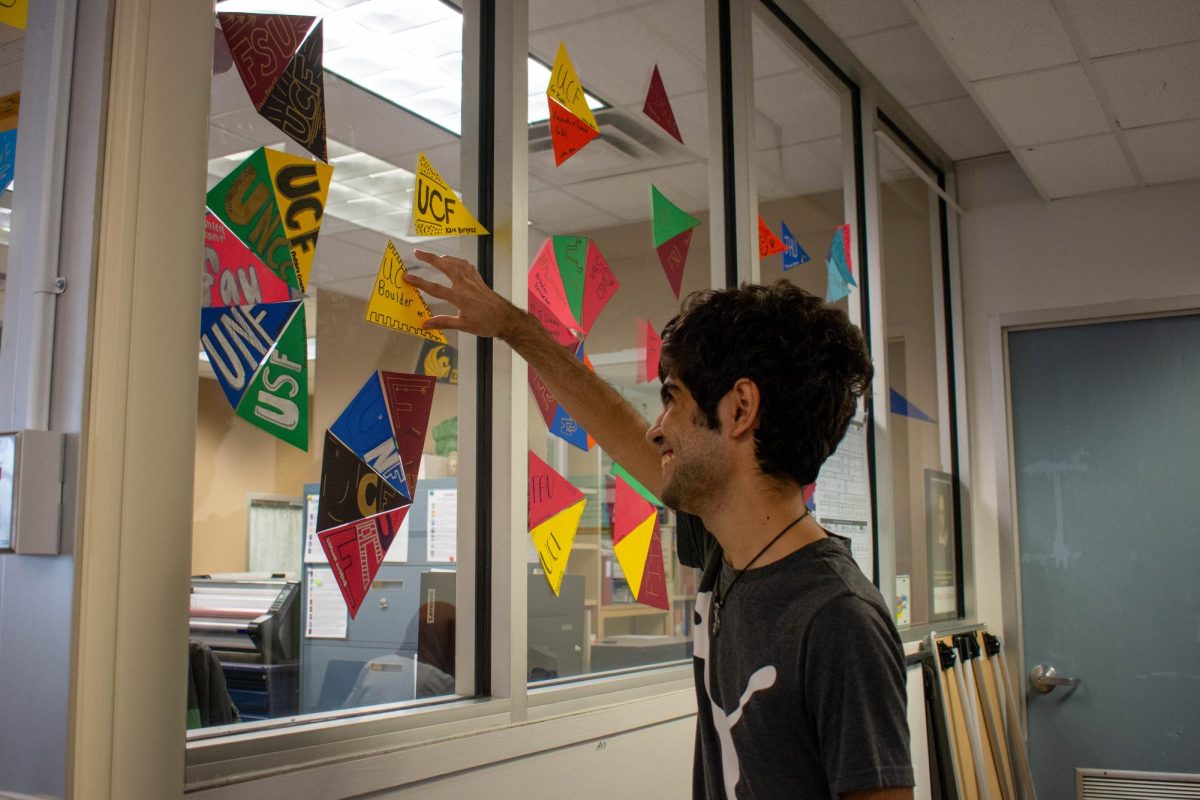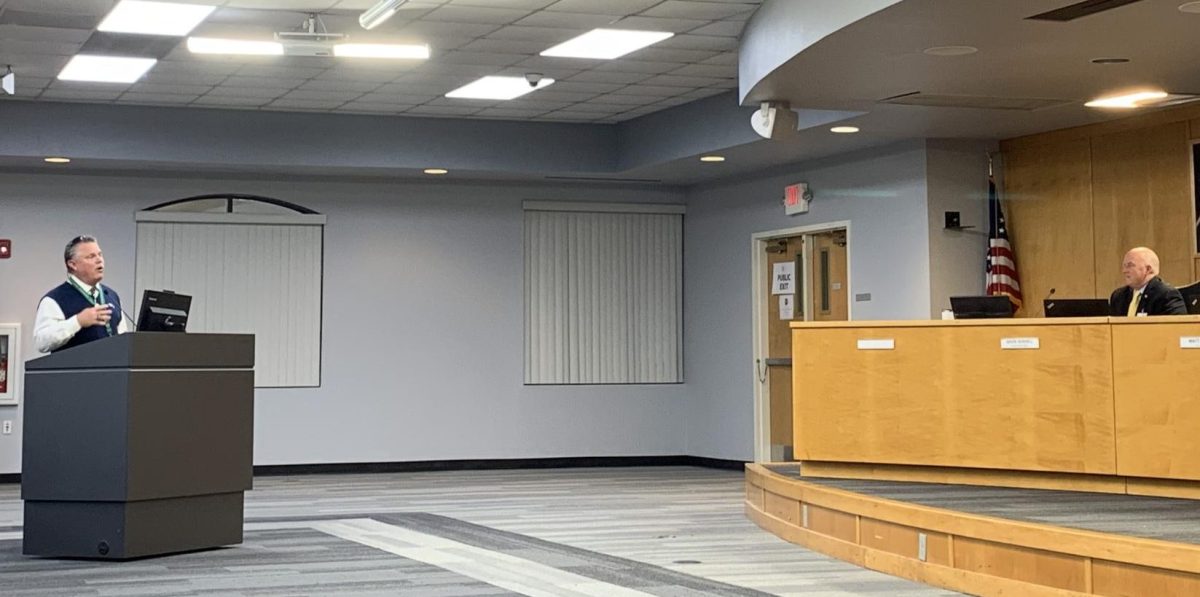Red-eyed and staggering, a Melbourne sophomore walks from the river to the beach, paranoia influencing his every move. Alone in a dark room listening to music, or hanging out with friends who also smoke marijuana, he is able to enjoy himself. But once he is out in public, his situation turns into an entirely different story.
“That was one of the scariest experiences of my life because I was so paranoid about getting caught by the police or running into someone I know,” he said.
A run-in with the police wouldn’t be the first time the teen has been caught under the influence.
“I’ve been caught by my parents, but getting caught by them held a lot less consequences,” he said. “Not to say my parents are bad parents, because I didn’t get off scot free by any means -they just understand. If kids asked their parents and their parents were totally honest, at least half of the parents have tried weed before.”
According to the 2009 Florida Youth Substance Abuse Survey conducted by the Florida Department of Children and Families, 22.5 percent of kids from the age of 12-18 have smoked pot in their lifetime. Of that amount, 12.3 percent used the substance within Short-term memory loss, distorted percep- tions and loss of motor skills are the most prominent symptoms of marijuana use due to the drug’s main active chemical, delta-9-tetrahydro- cannabinol or THC, according to Landmesser.
“The amount of THC in marijuana has become much more potent than it formerly was,” Landmesser said. “The short-term memory is altered from initial use of marijuana, but after long term use, THC has been shown to significantly affect the memory, the lungs and the immune system.”
Fleming says the repercussions of being caught under the influence or with drugs at school is severe.
“The school recommends expulsion, but we try to keep the students out of the hands of law enforcement if we are able to,” he said. “If a student is in possession of over 20 grams, however, that is considered a felony and the decision is out of our power. In most cases the resource officer at the school decides what to do with the student.”
In Brevard County there were 522 arrests in 2008 involving drugs, but the number of overall juvenile arrests including convictions for homicide, theft, and sexual misdemeanors experienced a 21.04 percent decrease. Landmesser says this is probably due to the recent juvenile civil citation program that began two years ago.
“Civil Citation is an alternative to arrest for kids under 18,” Landmesser said. “Students who get it are assigned things such as a community service project and referrals to other services, and I believe it’s what has reduced the overall arrest rate.”
But, Landmesser doesn’t frequently face situations where a civil citation or an arrest is necessary.
“More times than not, I see people make the right choice,” Landmesser said. “They don’t smoke because they choose not to give into peer pressure or other factors.”
After realizing the pit falls of smoking mari- juana, the Melbourne sophomore quit after six months.
“After learning the consequences of getting caught, I just stopped,” he said. “I would get expelled, could go to juvenile detention, lose hope of getting into a school of my choice, basically get my life turned upside down. I just used common sense.”






